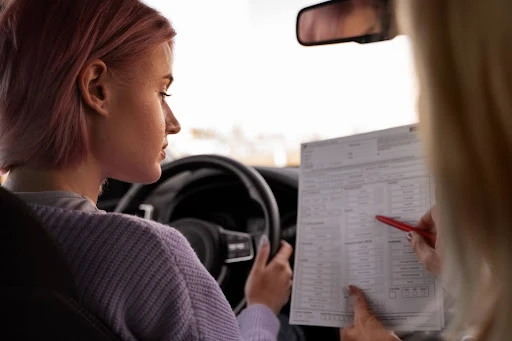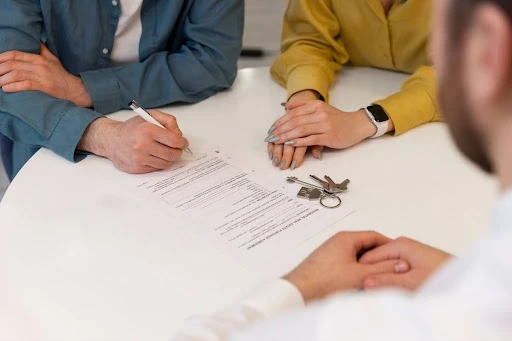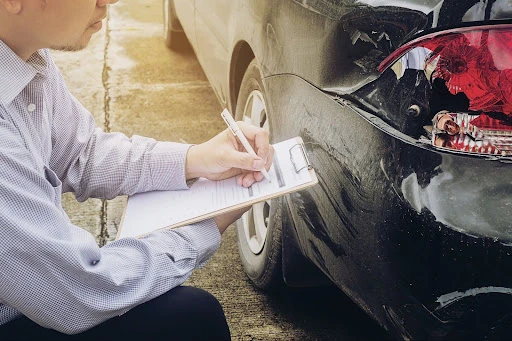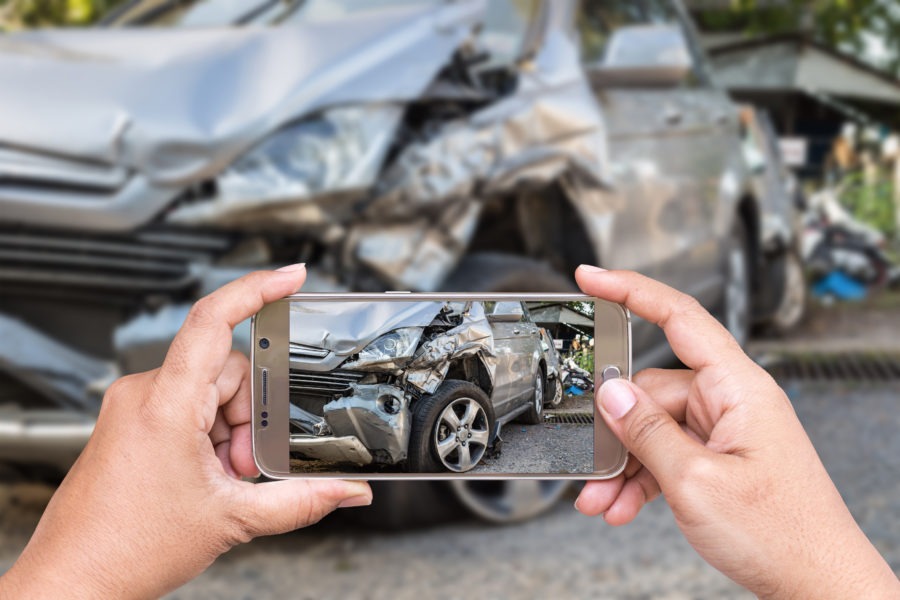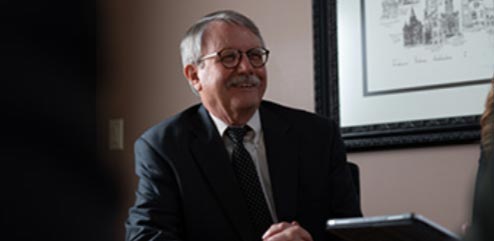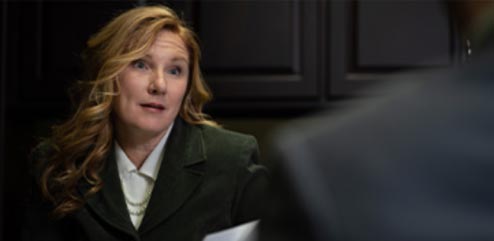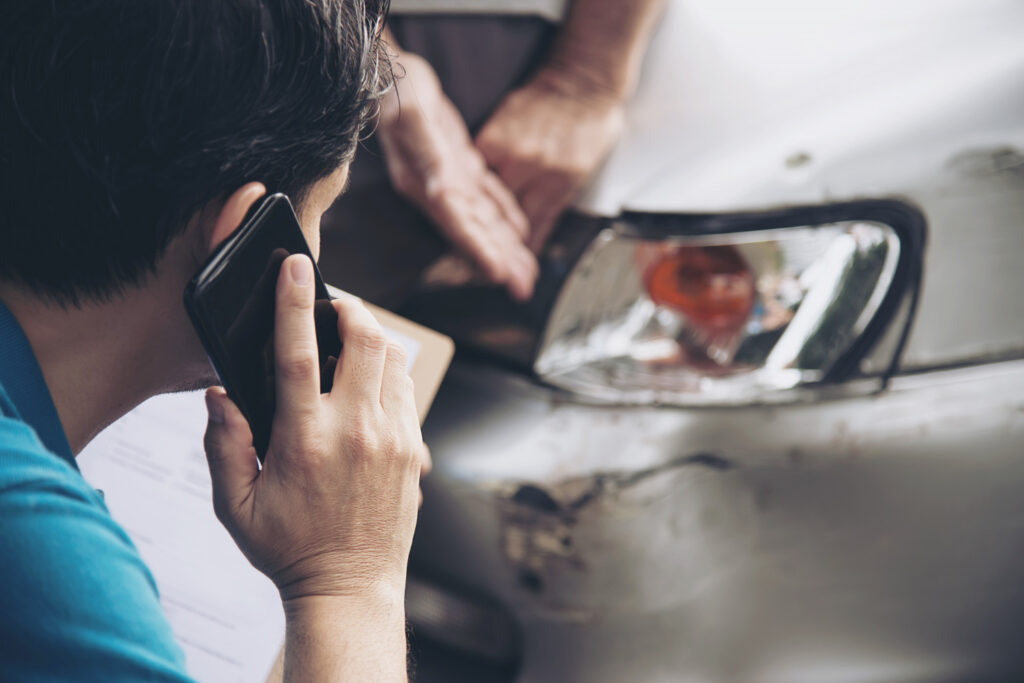
Lafayette Car Accident Lawyer
Car accidents can be a traumatic experience, leaving victims with catastrophic injuries, medical bills, and significant emotional stress. But if you or a loved one has been involved in a car accident in Lafayette, you have the right to claim fair compensation to recover from your economic and non-economic damages.
At our law firm, we often hear stories of clients who suffered from motor accidents all across Indiana and have experience in handling cases of any size. We work to find justice for our clients, ensuring they get the maximum amount of compensation possible.


